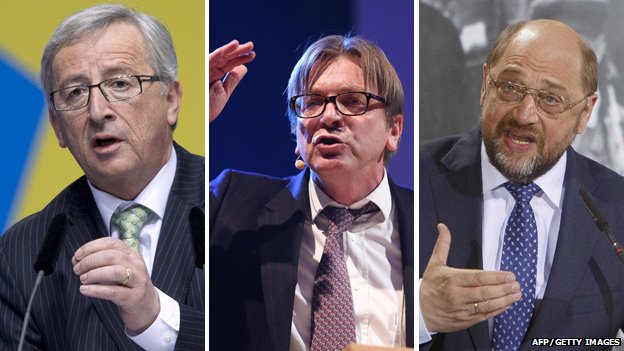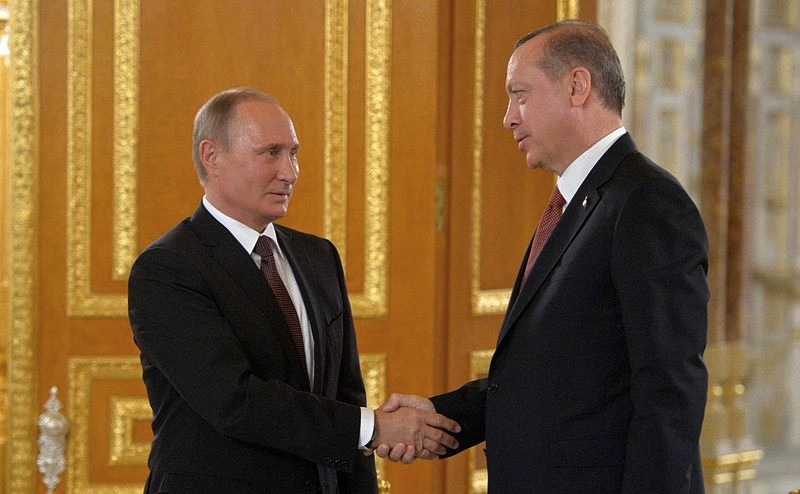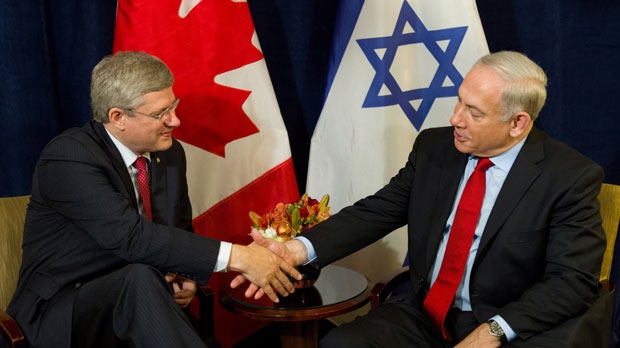
Following over four years of negotiations, Canada and the EU announced in October 2013 an agreement in principle on the key elements of a trade agreement , entitled the Comprehensive and Economic Trade Agreement (CETA). This agreement would enhance trade and eliminate 99% of tariffs between the two economies. Hailed as a historic ‘win’ by Prime Minister Harper, CETA is being promoted as an agreement that will create increased economic and employment opportunities for Canadians and reduce the prices of European imports for Canadian consumers.
For CETA to come into effect, it must be ratified by Canada’s 10 provinces, each EU government, the parliaments of the 28 EU states and the incoming European parliament. Already a cumbersome process, the path to CETA ratification could prove even more challenging than initially expected due to the predicted rise of Eurosceptic parties in European parliament elections. Despite this, the new European parliament will likely ratify CETA.
For CETA to pass at the European parliament, it will require a two-thirds majority by the parliament. Since the 2009 Lisbon Treaty, the parliament has had the power to ratify or reject international treaties and demonstrated its powers by initially rejecting SWIFT in 2010 (an agreement with the US to exchange financial data in order to prevent terrorism funding) and rejected ACTA outright in 2012 (an international agreement on the protection of intellectual property rights).
The expected rise of Eurosceptics in the elections is poised to create a more adversarial climate at the parliament over the next five years as the Eurosceptics will look to undermine EU integration efforts and seek to prevent what they perceive as dilution of member state sovereignty. Some Eurosceptic parties, such as France’s National Front party, oppose transatlantic free trade. In a recent interview, National Front leader Marine Le Pen voiced opposition to TTIP (the CETA equivalent agreement currently being negotiated between the EU and US), and instead advocated protectionism to protect French industries.

Though there has been little public discussion on how Eurosceptics will approach CETA, Greek’s main opposition party, Syriza, said it would reject CETA. With Syriza, and other Eurosceptics expected to achieve big gains in European parliament elections, Canada will likely see greater opposition to CETA by the incoming parliament.
Eurosceptics are projected to win roughly one-third of seats in the elections. While they are unlikely to win enough seats to result in the parliament’s vetoing free-trade agreements such as CETA, the increased parliamentary presence of Eurosceptics will make passing free-trade agreements a slower, more tedious process as they look to protract parliamentary debates on the subject.
Analysts have predicted a strong Eurosceptic bloc may actually lead to a stronger pro-EU bloc that unites together to crowd out Eurosceptics. Such a development would bode well for Canada as it would increase the likelihood of CETA being eventually approved by the European parliament.
Also good news for Canada is the pro free-trade views of both Martin Schulz and Jean-Claude Juncker, the two leading front-runners to become the next European Commission president. Canada can expect to see Schulz’s Socialists and Democrats party and Juncker’s European People’s Party(the two parties expected to win the most parliament seats) both working to approve CETA. With another pro free-trade party, the Alliance of Liberals and Democrats for Europe (ALDE) headed by Guy Verhofstadt expected to come in third, the parliament’s three largest parties are expected to have the necessary two-thirds majority required in the parliament to pass key legislation on issues such as free-trade.
As for a time-frame for European parliament ratification, that appears to be uncertain at the moment. However with CETA talks continuing between the EU and Canada, and with the EU in a year of transition, it could be a few more years before CETA is finally implemented. Nonetheless, even with the upcoming changes in the European parliament, Canada can expect the EU’s legislature to eventually approve CETA.




